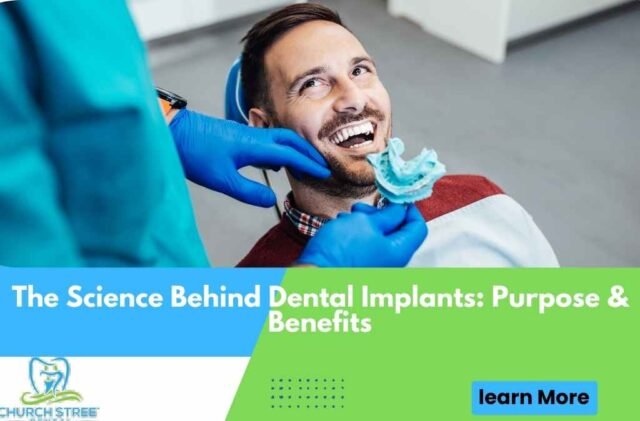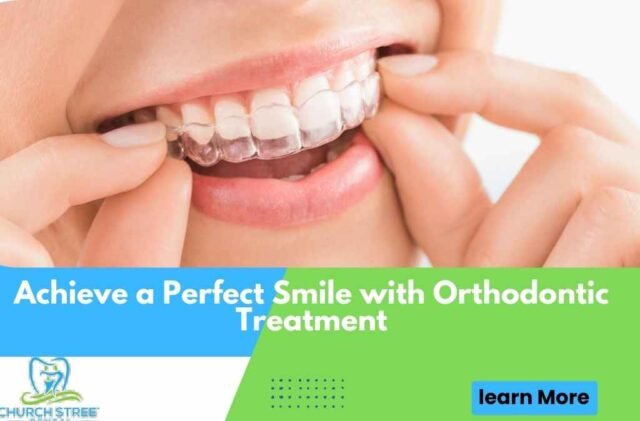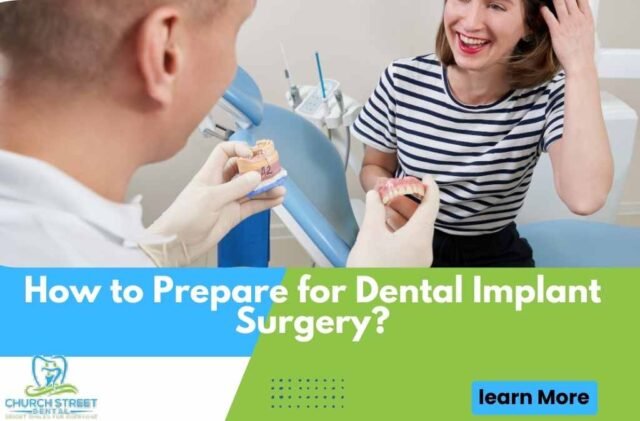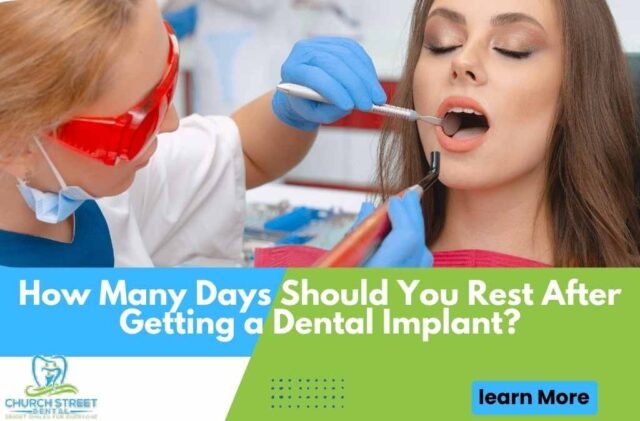Introduction:
The sensitivity of a natural tooth is typically attributed to external stimuli that irritate the nerve of the teeth, which produces pain and discomfort. Nevertheless, insensate dental implants may show sensitivity, and thus, concern about the nature of cause and cure arises. This article aims to respond to these concerns and clarify the causes of sensitivity in dental implants, with an overview from a reputable dentist based in Chicopee, MA.
Identifying the Source of Sensitivity:
Finding the precise point of dental pain is a rather difficult task because sensitivity does not always come from an implant. It may originate from the surrounding tissues, gums or even jaw bone.
Possible Causes of Sensitivity Around Dental Implants:
Several factors may contribute to sensitivity around dental implants, prompting individuals to seek advice from a knowledgeable dentist in Chicopee, MA:
Infection: It is a swollen pain felt when exposed to stimuli in the gum tissues around an implant infection.
Dental Issues: If the stimuli can diffuse into adjacent teeth through cavities, cracks, or worn enamel, it may lead to sensitivity of the tooth’s inner layers.
Impaction: Food impaction can lead to pressure, which will cause sensitivity.
Tissue or Nerve Damage: In individual and extreme cases, the malposition of an implant may cause damage to nerves. It is important to receive treatment from an experienced clinic practice with advanced technology.
Allergies: While uncommon, some people may have an adverse reaction to the titanium alloy that is widely used in dental implants.
Recommended Actions:
The appearance of any new dental sensitivity, especially in the case of implantation, is reason enough to make an urgent dentist visit. To those in Chicopee, MA, requiring the services of a respectable dentist is vital as immediate action to prevent escalation can stave off implant failure either sooner or later.
During the dental visit, a full evaluation will be done by taking into account symptoms and probable causes. Sometimes, minor problems such as small cavities or trapped food can be addressed immediately. For more serious cases, the dentist will provide a list of treatment options for patients.
Conclusion:
Sensitivity related to your dental implant does not warrant panic. Securing immediate treatment from a reliable dentist located in Chicopee, MA, is crucial for the relief of pain and healthy oral status maintenance. Your dentist has the tools to deal with this problem and ensure that you get proper treatment.
Meet the Practice
The dentists and specialists at Church Street Dental have many years of combined experience and are proud to offer comprehensive dental implant services. If you suspect there is something wrong with your implants, they would be happy to examine your mouth and recommend an appropriate treatment. Contact our office at (413) 592-2342.
Frequently Asked Questions (FAQs)
Q1: Why would a dental implant experience sensitivity when it has no nerves?
A1: While dental implants themselves lack nerves, sensitivity can still occur in the surrounding tissues, gums, adjacent teeth, or jawbone. Various factors, such as infection, dental issues in neighboring teeth, impaction, tissue or nerve damage, and rare allergies, may contribute to sensitivity.
Q2: How can I identify the source of sensitivity around my dental implant?
A2: Pinpointing the exact location of sensitivity can be challenging. It may originate from the implant, gums, adjacent teeth, or jawbone. Consulting with a knowledgeable dentist in Chicopee, MA, is essential for a thorough examination and accurate diagnosis.
Q3: What are the common causes of sensitivity around dental implants?
A3: Common causes include infection in the gum tissue, dental issues like cavities or cracks in adjacent teeth, impaction of food debris, and, rarely, tissue or nerve damage due to improper implant placement. Allergies to the titanium alloy used in dental implants are also rare but possible.
Q4: Why is it crucial to visit a dentist promptly for sensitivity around dental implants?
A4: Timely intervention by a reputable dentist in Chicopee, MA, is essential to prevent potential escalation of issues and avoid implant failure. Early diagnosis and treatment can address minor concerns and provide relief from pain.
Q5: What can I expect during a dental visit for sensitivity around my dental implant?
A5: During the visit, the dentist will conduct a thorough examination, considering symptoms and potential causes. If the issue is minor, such as small cavities or impacted food, immediate solutions may be provided. For more serious problems, the dentist will discuss appropriate treatment options.
Q6: Are allergies to titanium in dental implants common?
A6: No, allergies to titanium are rare. Dental implants are typically made from a titanium alloy, and adverse reactions occur infrequently. However, if you suspect an allergy, consult with your dentist for appropriate evaluation and alternative options.





